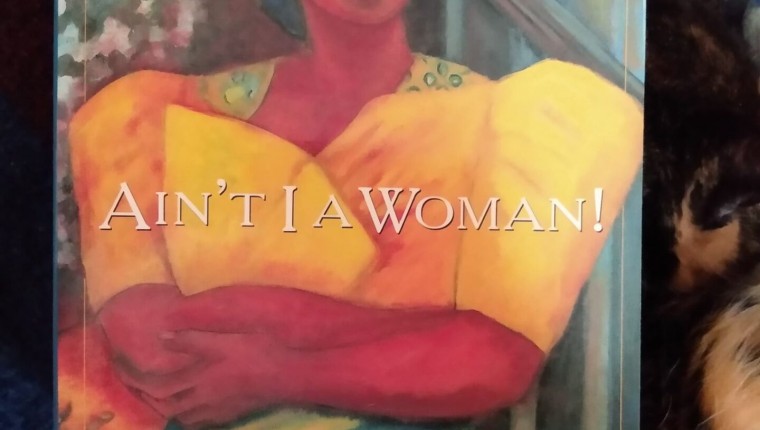Blog #16
Every third Wednesday of the month at 7 p.m., Maureen McDole, Denzel Johnson-Green, and I talk about Poetry in a Facebook livestream. We all live in the same lemon cake-colored fourplex in a neighborhood with hills and ancient oak trees, and our Virtual Poetry Hour event started during the pandemic in Denzel’s living room when the city—the world—was shutting down. It was a way to bring Poetry to the community even though all the physical venues were closed. It started as a once-a-week program and has turned into the third Wednesday of every month. I’m so grateful for my poetry tribe, and Poetry Hour was the one event that really kept me going through all the shock, uncertainty, and emotional weight of the pandemic.
During tonight’s Poetry Hour, it was a lively discussion and the poems brought up topics like gender and cultural norms, aging, breaking generational curses, how we are all connected, going with the flow, and more. If you can’t tune in live, you can watch the videos any time on Studio 620’s Facebook page.
In celebration of Women’s history month, and in honor of all the fierce female trailblazers throughout history, I thought I’d share three poems by three women that I read tonight, as well as a poem of my own.
Ada Limón’s “How to Triumph Like a Girl” is a striking poem that I love so much, particularly because people stereotype women as being weak and this poem challenges that stereotype by comparing women to a giant racehorse. Reading this poem gave me a boost as though I just drank twelve cups of coffee. Check it out here:
https://www.poetryfoundation.org/poems/149814/how-to-triumph-like-a-girl
I read two poems from this book-treasure, Ain’t I A Woman!, edited by Illona Linthwaite, which features poetry from women around the world.
The first poem I read from this book was “A Folk Song”– Anon., from India. As Virginia Woolf so famously said, “I would venture to guess that Anon, who wrote so many poems without signing them, was often a woman.” Here is the poem:
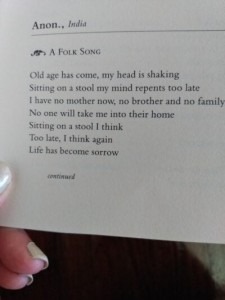
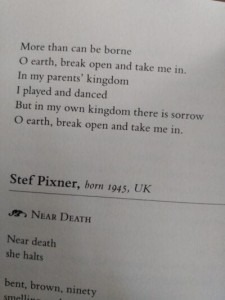
And here is “Labour Pains” by Yosano Akiko. I discovered this poem just before going to the hospital when I was about to give birth to my son, and this was also the one book I brought with me.
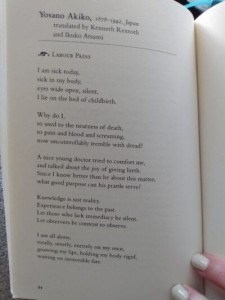
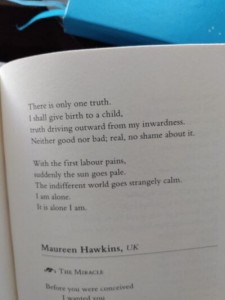
I’ll close this post by sharing a poem I wrote recently based off of a prompt I gave my students. My hope is that it illustrates how truly connected we all are.
Human Tree
Remember we all come from a mother.
Remember how loving words taste
like chocolate and moondust.
Remember that all people have hearts
that pulse poems, and breath
that belongs to the breeze.
If you want to know how we are all connected,
look at the lines rooted in your hands.
If you think that dream and breath
shouldn’t cost the same for everyone, and
if you believe the book of your life
is more important than someone else’s,
read more stories, and you will remember
we are all different branches to the same
human tree.
Thank you for reading!
With strength and love,
Sara
